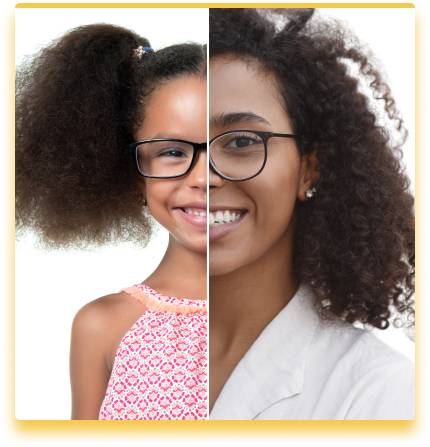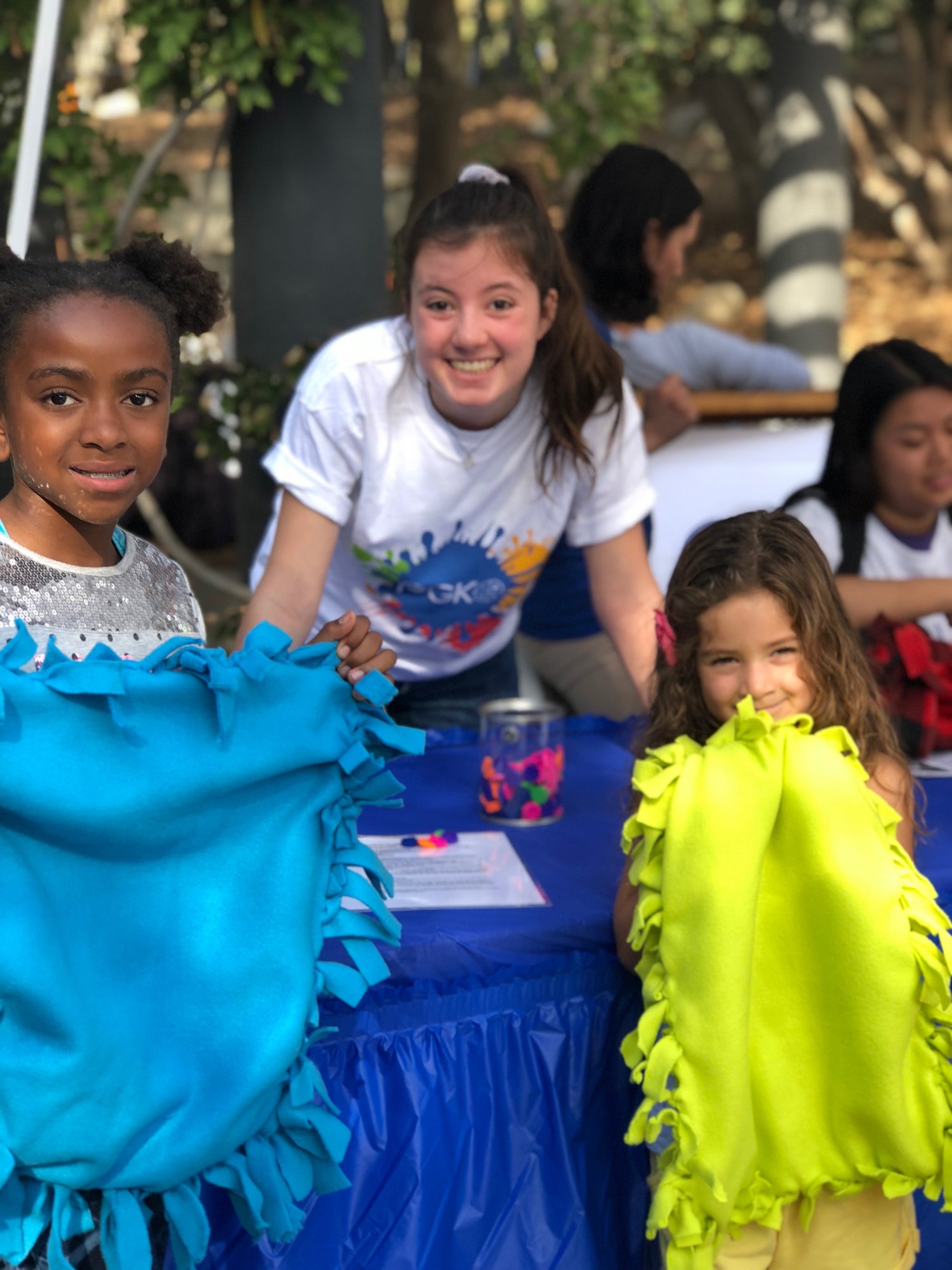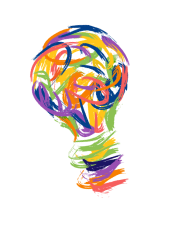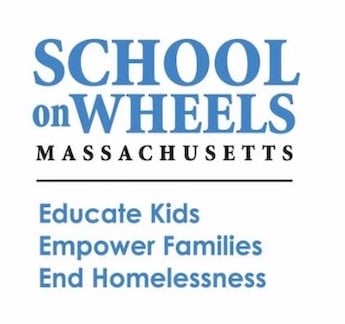Are your kids ready to serve the community?
Begin your search for service opportunities near you, or learn
more about our cause areas by clicking on a category below!
Not sure where to start?
Explore causes to find your passion

Animals
Sometimes pets are left without homes, and animals in nature lose their habitats or face extension. Fortunately, there are things you can do to help animals have a safe, happy place in our world.

Environment
Our planet is home to almost 8 billion people and 8.7 million species. Due to climate change, it's urgent that we work to heal our earth. There are lots of ways you can help this place we call home.

People
We all have a part to play to make our society just and equitable for everyone. Explore how you can fight hunger, provide basic needs, honor our military, support the arts, and more!
Start Young
We want to unlock every child’s realization that they can be a changemaker through community service experiences.

Ready to engage a group of kids in service?
Do you work with a parent-teacher association (PTA), Scout troop, sports team, or other organization that serves kids ages 5 - 14? We can help you plan your own Create the Change® in-person direct service project or event!

.jpeg?width=427&height=640&name=The%20Simpsons-046%20rt%20online%20(1).jpeg)
Changemakers

“I feel like giving back has 100% developed my own sense of me caring about people. And doing that has led me to serve gratitude to my friends and family as well as learn how to treat other humans with empathy.”
Levi, 17 Changemaker since age 5

Nonprofit Spotlight

